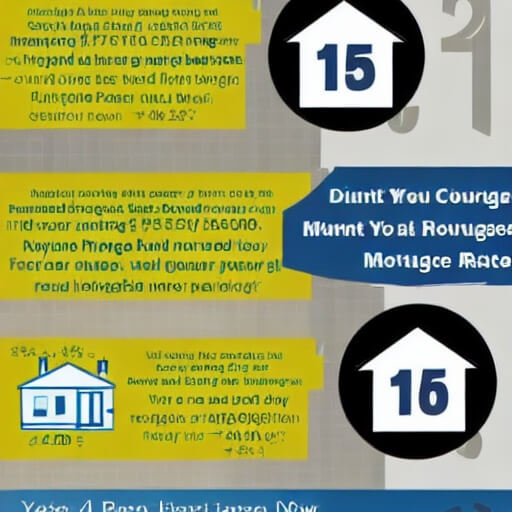Securing a mortgage is a pivotal step in the journey toward homeownership. One of the most critical aspects of this process is comparing mortgage rates to find the most suitable option. With various lenders and loan products available, understanding how to effectively compare mortgage rates can save substantial money over the life of a loan.
Table of Contents
ToggleUnderstanding Mortgage Rates
Mortgage rates represent the interest charged on a home loan and significantly impact the overall cost of homeownership. Factors influencing mortgage rates include economic conditions, inflation rates, credit scores, loan term length, and the type of loan.
Steps to Compare Mortgage Rates Effectively
Research and Gather Information:
Start by researching lenders and loan options. Understand the types of mortgages available, such as fixed-rate and adjustable-rate mortgages (ARMs), and their associated pros and cons.
Compare Annual Percentage Rates (APRs):
The APR includes not just the interest rate but also additional costs like points, broker fees, and certain closing costs. It provides a more comprehensive view of the total borrowing cost.
Understand Loan Terms:
Compare loan terms offered by different lenders. This includes the length of the loan (e.g., 15-year vs. 30-year), as shorter loan terms often come with lower interest rates but higher monthly payments.
Consider Points and Fees:
Lenders may offer different rates based on paying points upfront. A point is equal to 1% of the loan amount and can lower the interest rate. However, paying points requires upfront cash, so it’s essential to calculate whether the cost savings over time justify this expense.
Evaluate Online Tools and Calculators:
Utilize online mortgage comparison tools and calculators to estimate monthly payments, total interest paid, and other costs associated with different rates and loan terms.
Check for Rate Locks:
Inquire about rate lock options to secure a particular interest rate for a set period, safeguarding against potential rate increases while the loan application is processed.
Review Customer Service and Reputation:
Look beyond rates; assess customer reviews, lender responsiveness, and reputation for excellent service and reliability.
Additional Considerations
Credit Scores:
Understand the impact of credit scores on the interest rate offered. Higher credit scores often result in more favorable rates.
Loan Type:
Assess whether a fixed-rate or adjustable-rate mortgage is more suitable based on individual financial goals and risk tolerance.
Closing Costs and Prepayment Penalties:
Inquire about closing costs and any prepayment penalties associated with the loan, as these can affect the overall cost.
Conclusion
Comparing mortgage rates is a crucial step in securing an affordable and suitable home loan. Beyond simply comparing interest rates, considering APRs, loan terms, additional fees, and the lender’s reputation is vital. With thorough research, utilizing online tools, and understanding personal financial needs, individuals can make informed decisions when comparing mortgage rates and ultimately choose a mortgage that aligns with their long-term financial goals. Consulting with mortgage professionals can also provide valuable guidance in navigating the complex landscape of mortgage rate comparisons.

